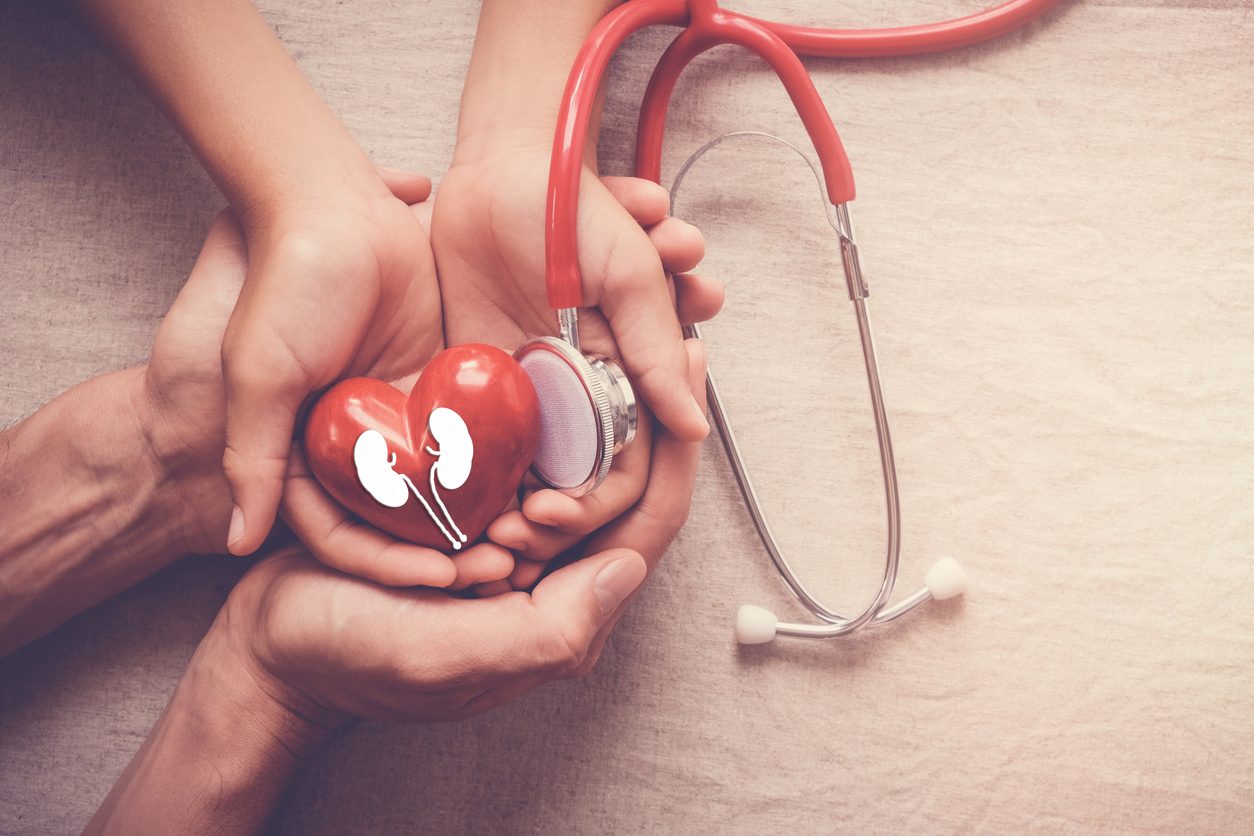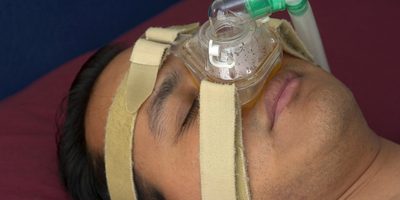
Dr Emma Heeley - Focused on relationship between lungs and heart diseases
Emma is a Senior Research Fellow at The George Institute and a conjoint Senior Lecturer within the Faculty of Medicine at The University of Sydney. Emma is an epidemiologist with over 10 years’ experience in health related research.
How long have you been working at The George Institute/George Clinical?
Eight years.
What is your professional background?
I am an epidemiologist with a science background, a BSc(Hons) in Physiology and Pharmacology and then completed my PhD in lipids and lung diseases when I was 25. After completing my PhD I moved away from the laboratory and into epidemiology. I undertook a Masters in Epidemiology at the London School of Hygiene and Tropical Medicine part time while working full time as a research fellow at the Drug Safety Research Unit (DSRU). The successful combination of my basic science and epidemiology knowledge secured me a position as an epidemiologist for the UK’s Medicine and Healthcare Products Regulatory Agency (MHRA), where I worked in post marketing and later on the General Practice Research Database (GPRD. Since moving to the George Institute 8 years ago I’ve continued as an epidemiologist and expanded to international clinical trials.
What attracted you to working at The George Institute/George Clinical?
I believe in its mission and want to be involved in improving the health of millions of people worldwide.
Why do you enjoy working at The George Institute/George Clinical?
I have a fantastic team who are great to work with. Thankfully technology has made it much easier to keep in touch with my team who are based in our Beijing office. I also really enjoy the variety of my work from statistical analyses to the logistics of getting a large international trial up and running smoothly. There is always someone at the George who has expertise and is willing to help when starting something new so there is no need to reinvent the wheel: just optimise it.
What are you currently working on?
My focus is on the relationship between the lungs and cardiovascular diseases. I’m the global study director for the Sleep Apnea Cardiovascular Endpoints (SAVE) Study, which I have been working on for 7 years. I am very excited that in 2016 we’ll complete the study and be able to tell the world for the first time if treating people who have obstructive sleep apnea (where they have frequent pauses in breathing during sleep) with Continuous Positive Airway Pressure (CPAP) prevents recurrent heart attacks and strokes.
I’m also working on a trial on Low Dose Corticosteroids and Theophylline in the Treatment of Chronic Obstructive Pulmonary Disease (TASCS) in China. I’m helping fellows and students analyse stroke in the Intensive Blood Pressure Reduction in Acute Cerebral Haemorrhage Trial (INTERACT2), carried out in countries including the UK, China, India and Australia, which we completed last year. I was the study director on this successful trial and as an epidemiologists I am enjoying guiding the students on the secondary analyses and how best to formulate and answer their questions.
What is a recent highlight?
Completing the INTERACT2 trial, the largest ever medical ICH (intra-cerebral haemorrhage) trial conducted.
What difference will this make to healthcare and why?
ICH is the most serious form of stroke with the highest mortality and disability. The findings from INTERACT2 demonstrated that rapidly lowering elevated blood pressure in patients with an intra-cerebral haemorrhage (stroke from a bleed in the brain) was safe and reduced disability in survivors and are starting to change guidelines. For patients who have an ICH and elevated blood pressure there is now an affordable readily accessible treatment that is safe and reduces disability in survivors. Hospitals all over the world have access to blood pressure lowering drugs that can be used in the first 6 hours after stroke onset and provide an alternative to risky brain surgery.
To explain to people what I do I say…
I study disease epidemics, with my focus being on lung diseases, strokes and heart attacks at the moment. I’m looking for new and affordable treatments that can be used worldwide, not just in developed countries.
To unwind at the end of the day I…. do some form of exercise, swimming, cycling, sailing or yoga.
My first job was….working on the cross channel ferries (Dover-Calais) in my student holidays. I must have crossed the English Channel over 500 times!


